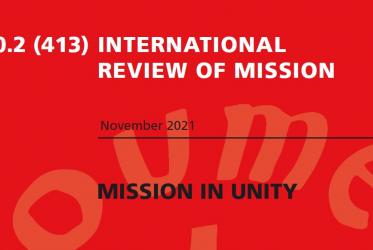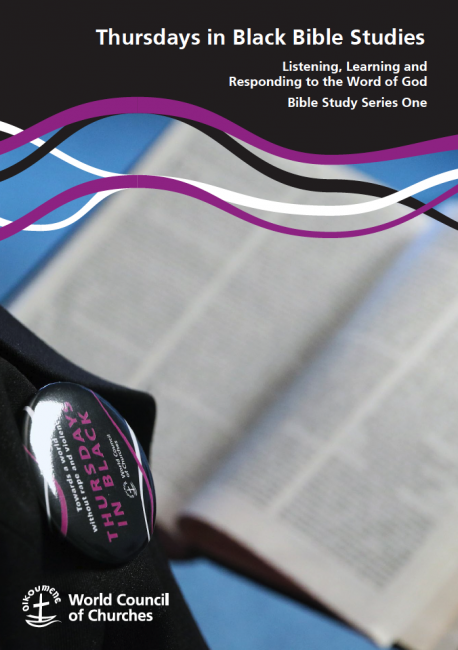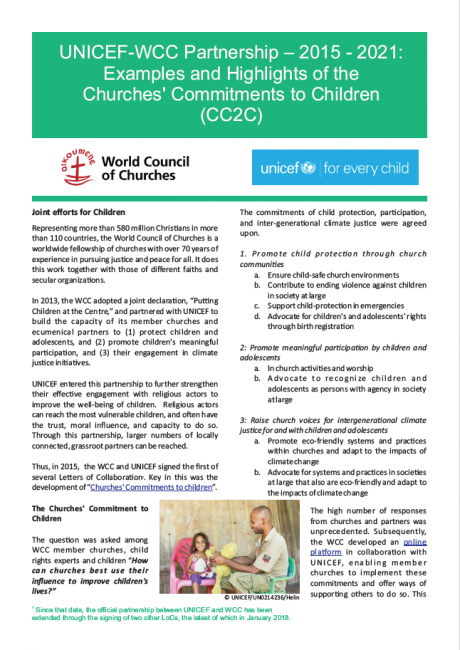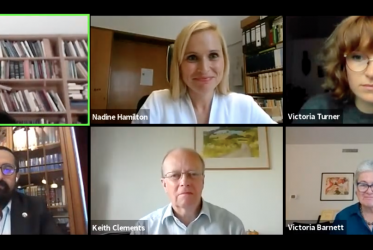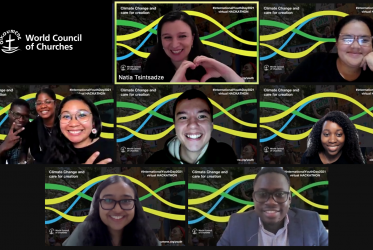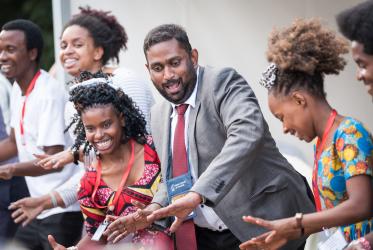Displaying 141 - 160 of 616
24 November 2021
African church youth hold crucial pre-congress meeting
27 October 2021
Thursdays in Black Bible Studies Series 1
Listening, Learning and Responding to the Word of God
21 October 2021
Youth “meet and greet” yields ideas to tackle digital injustice
20 September 2021
Walk the Talk
A Toolkit to Accompany the "Roadmap for Congregations, Communities and Churches for an Economy of Life and Ecological Justice"
31 August 2021
WCC gathers youth for “hackathon” on climate emergency
13 August 2021
Ecumenical International Youth Day 2021 Event Toolkit
Young People and Climate Justice
06 August 2021

